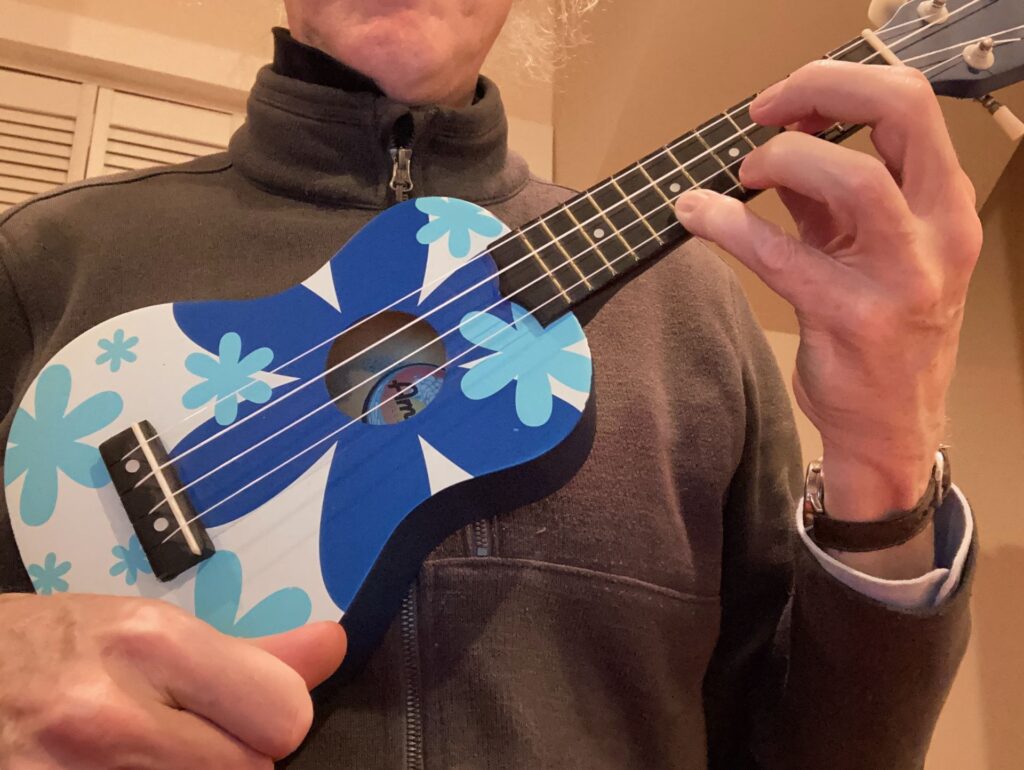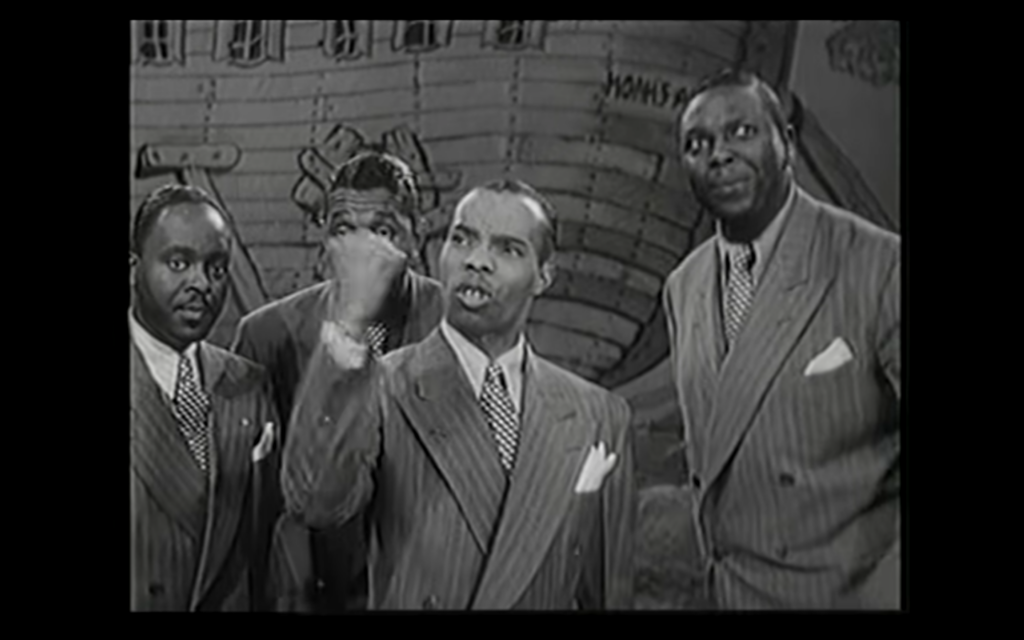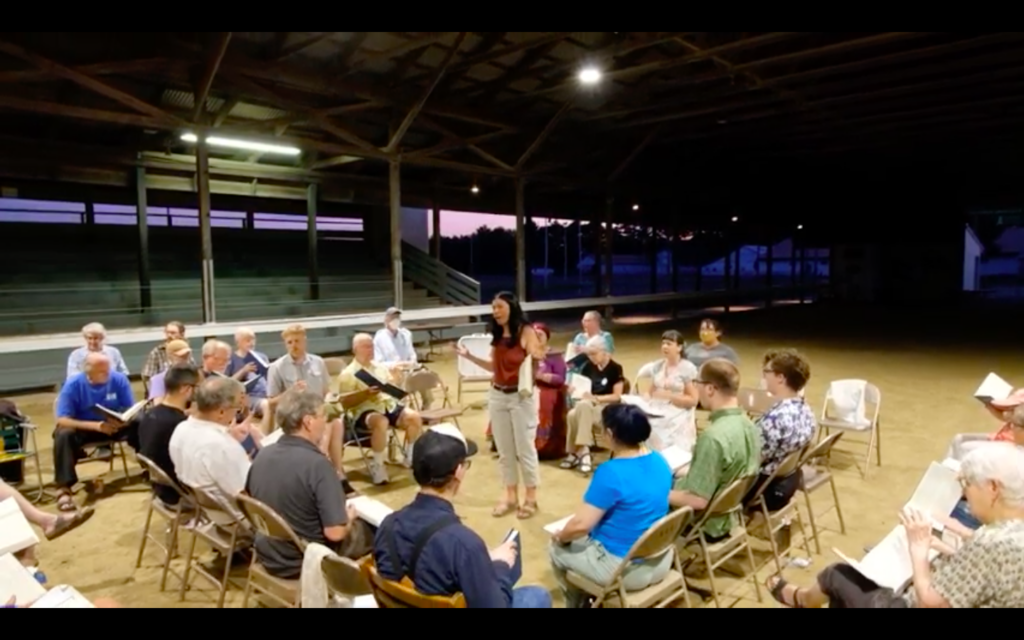Here’s yet another example of a hymn in a current UU hymnal, with an ambiguous copyright status.
The lyrics to “This Old World Is Full of Sorrow” — no. 315 in Singing the Living Tradition — apparently first appeared in print in 1983 in New American Songster, ed. Charles W. Darling (Univ. Press, 1983). Darling provides the following source for the lyrics:
“Howie Mitchell learned the words to ‘This Old World’ from Bernie Lourie while attending Cornell University. Its message is universal. Test: Golden Ring, Folk-Legacy FSJ-16 (used by permission of Folk-Legacy Records, Sharon, CT).”
The album Golden Ring was first released in 1964, and is still available from the Smithsonian Institute (which bought out Folkways Records). You can still purchase the individual track for “This Old World” on the Folkways website. I can’t find any earlier publication.
My guess is that these lyrics are a product of one or more anonymous authors during the Folk Revival of the 1950s and early 1960s. Given the spirit of sharing during the Folk Revival, and given that they resemble other folk lyrics, the authors/redactors of the texts doubtless considered them to be in the public domain. From a legal standpoint, Folkways Records slapped a copyright on the recording, although they really didn’t have the right to do so. During the Folk Revival, this was standard practice: companies slapped copyright notices on public domain tunes and lyrics, often to prevent other companies from claiming copyright on public domain material. However it would be difficult to enforce any copyright claim, and it’s unlikely the Smithsonian Institute, current holder of the putative copyright, would even try.
Regardless, the attribution in Singing the Living Tradition should be changed. Instead of “Words: American folk tune, adapt.” (which doesn’t even make sense), a better attribution would be “Words: probably U.S. Folk Revival, 1945-1964.”
Here are the words as they appear in New American Songster:
This old world is full of sorrow,
Full of sickness, weak and sore.
If you love your neighbor truly,
Love will come to you the more.
We’re all children of one Father,
We’re all brothers and sisters too.
If you cherish one another
Love and pity will come to you.
This old world is full of sorrow,
Full of sickness, weak and sore.
If you love your neighbor truly,
Love will come to you the more.
So what about the other two verses printed in Singing the Living Tradition? It’s a good bet they were written by the compilers of the hymnal. (They certainly don’t sound like folk lyrics, or even composed lyrics from the Folk Revival.) So Unitarian Universalist congregations can safely use the last two verses in Singing the Living Tradition. But if you use them for any other purpose, assume they’re copyright-protected.
As for the music provide from hymn no. 315, it’s adapted from The Southern Harmony. There are enough changes in the arrangement that it may be protected by copyright. Again, it’s probably fine for Unitarian Universalist congregations to use, but for any other purpose assume that there’s a copyright.



